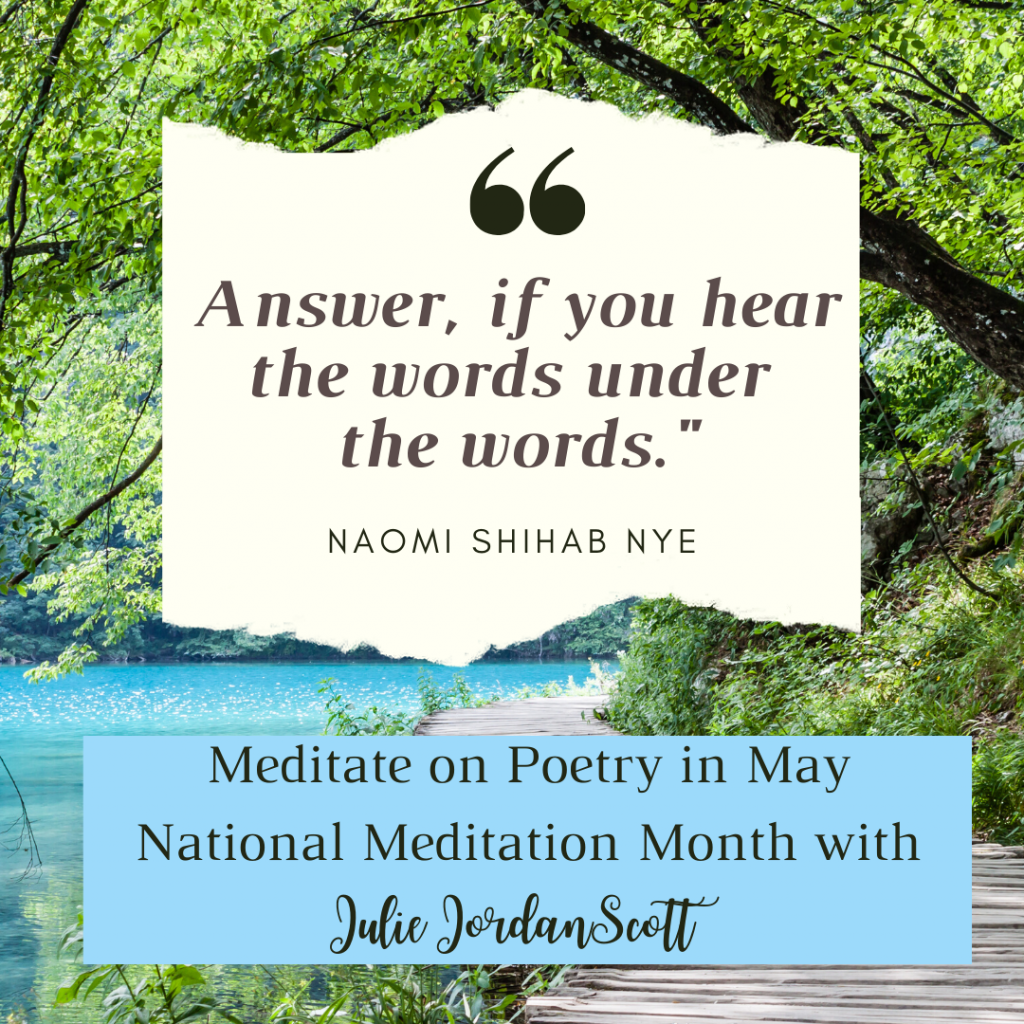
To read the complete poem on the Poetry Foundation Website, please visit here.
In May we are blending poetry & meditation to create, make and live a more mindful, art-filled life. I will be sharing my writings that blossom from the meditations as well as videos, images and other helpful tools for you along the way. Today, we are sharing free-flow meditative writing followed by 5 Steps to Making Peace through Witnessing Your Life with Writing – and in doing so, we circle back to where we started – with poetry and the words under the words.
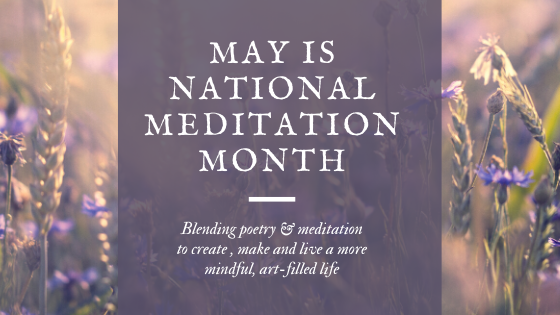
Yesterday afternoon during the #5for5BrainDump which may be used as a meditative writing practice, the words that flowed were these:
The words under my words are… optimistic most of the time. They are like the comic I saw today that my friend shared of the three views of the heart: the optimist a big red perfectly Hallmark heart, a dramatic broken heart to proclaim the pessimist and an image most like a human biological heart for the realist. I most often refer to my words as optimistic realism but they don’t feel like that right now, when I allow the space to roam about my chest and up and out my throat.
The words under my words are are battling for control. My words under my words are slightly scratchy, that annoying base of the throat tickle – feel like I might be getting sick but because I know what my nervous cough sound like, I recognize this. I recognize this. They feel like, might they be a virus? Are we still allowed to say that word except for as in “Novel” or “Corona” or “Covid”?
My words above, below and beneath my words at eye level feel crusty and stale, grumpy and stagnant. They’re old and scabbed and calcified. Tainted and negative and not good. Not good.
This morning, before I turn to another daily poem, I revisted yesterday’s words and add – The words under my words are just right as they are – crusty and stagnant and stinky are equally rich and valuable as the flowing and soft gentle breeze on a hill wearing a gorgeous white lace dress with perfect hair.
Today and my words in it will be – as I allow them to be.
It is when I don’t allow them to be and me to be and you to be and the emotions that pop to be that my shoulders become like earrings and my gut becomes a roller coaster.
I trust my words, today, and I trust the leaning tower of ancient historical words to be more of a cradle that gently rocks me than a car spiraling out of control on a roller coaster. The word-cradle is in my breath and my heartbeat, my pulse and my womb, my brokenness and my sometimes polished exterior.
No need to battle and pretend there is such a thing as control.
Your words – under your words – spend time holding them close, with love and grace. Hold space for joy amidst the not-so-joyful and the belly laughter amidst the tears of sadness.
Now: A simple 5 step process for you to witness your life in words – all of your life – from a meditative, mindful frame of mind.
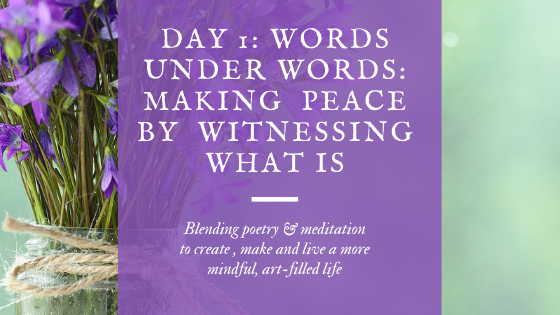
We write from a place of peace: we don’t judge the writing as it falls off the tip of our pens or fingers on the keyboard or fingers on our screens. We allow the words to fall as they will without editing, judgment or forethought.
We are witnesses, not judges. We hold space for ourselves to enjoy the process regardless of what story our words are telling.
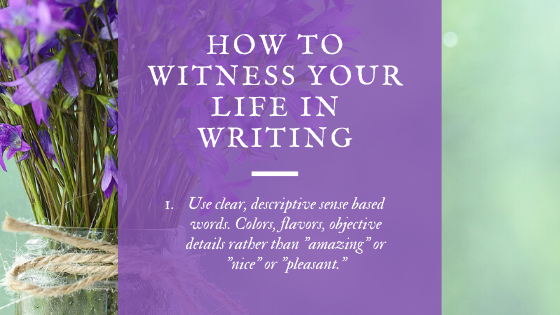
Write what you experience, not what your opinion is about what you experience. Instead of “It was good” or “I think it is pretty” write “The bright purple irises fill the glass vase with the twine tied in a bow.” “There was a hint of vanilla in the chocolate chip cookies” or “He was over six feet tall, which made my five foot four inch frame feel tiny.” Yes, there is some opinion in that final sentence, but see how it is supported in fact?
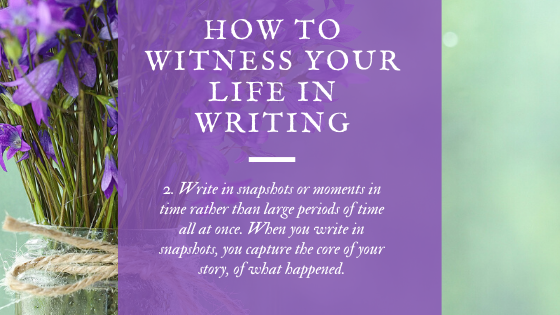
You can practice this by taking actual photos of your life as it happens or looking at a photo from the past and writing about what was happening when the photo was taken. Immerse yourself back in that moment of with rich, sensory details. Once you master this, your writing will become increasingly magnetic and at the same time, connect you to your readers more and more deeply no matter what you are writing.
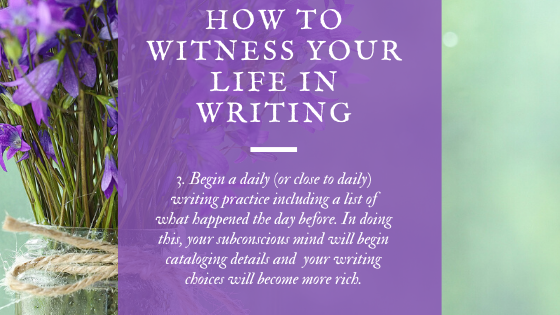
People often resist the idea of writing practice. It sounds like too much or a chore or something inherently unpleasant or without a purpose. When one tries and sustains this, it becomes deeply pleasurable and life changing in the most positive direction one might suspect. Try it for a small amount of time at first and see how it works. Experiment with different times of day and different methods of “containment” – I write in notebooks and other times on my phone and with my computer keyboard. Allow yourself to try different means and methods.
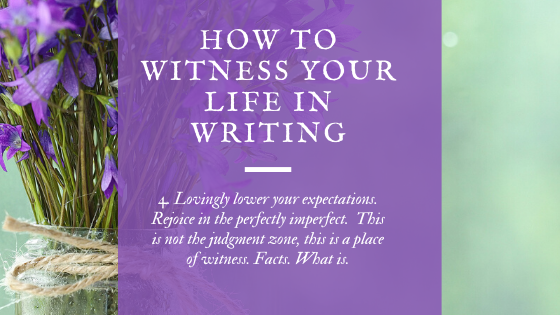
Recognize what you write will not be perfect – part of the practice is to welcome the imperfect, the grammatical mistakes and the misspellings. Sometimes these are the most valuable parts of the growth experience. Enjoy the process for the sake of the process. Document the facts, not what you think of the facts. Begin to appreciate the imperfections with as much love and joy as the “perfections.”
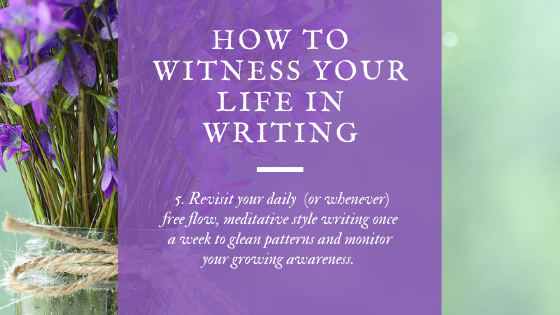
Revisiting your writing is a deep pleasure as well as a method to note your progress. I can return to notebooks years later and wonder who this person was – while delighting in her moment-by-moment delight and discovery. Sometimes I long for her presence or find I have wandered off course and the past-me from my writing notebooks reminds me. The witnessing me of the past reaches out to the witnessing me of the future.
This is miraculous, just like you are miraculous.
You may follow along here on the blog as well as via social media. There will be different daily versions on different social media platforms. I suggest starting here on the blog and on Instagram for Instagram Live and IGTV episodes. You may see Facebook Live for 5 for 5 Brain Dump sessions at Writing Camp with JJS which may be accessed here.
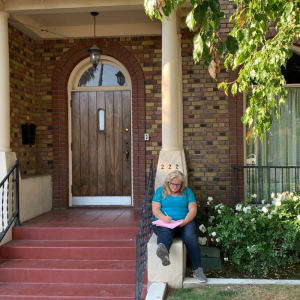
Julie JordanScott has been writing since before she was literate by dictating her thoughts to her mother and then copying in thick crayons onto construction paper. She was a pioneer in epublishing and continues to reach readers through her blog, bestselling books, greeting cards and her essays and poems in anthologies. Join her for one of her upcoming #5for5BrainDump programs or an upcoming writing circle or writing for social media programs.
Great blog but the one section that caught my eye most was about write in snapshots to capture the core of your story. That’s what I love to do!
Excellent, excellent! Try it and let me know how it goes!
All good advice if I ever get going on my memoir!
What’s stopping you?
This is interesting and helpful. In other words, describe, rather than judge. Let the reader decide if something is good, rather than telling the reader.
Yes. Exactly. Judger is not a part of the equation. 🙂